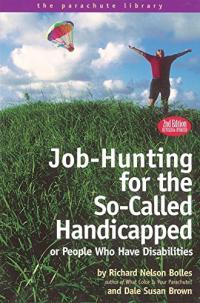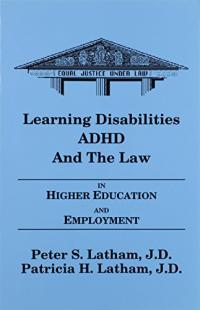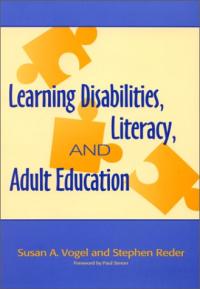
How to Reach and Teach Children and Teens with Dyslexia
This comprehensive, practical resource gives educators at all levels essential information, techniques, and tools for understanding dyslexia and adapting teaching methods in all subject areas to meet the learning style, social, and emotional needs of students who have dyslexia. Special features include over 50 full-page activity sheets that can be photocopied for immediate use and interviews with students and adults who have had personal experience with dyslexia. Organized into twenty sections, information covers everything from ten principles of instruction to teaching reading, handwriting, spelling, writing, math, everyday skills, and even covers the adult with dyslexia.








